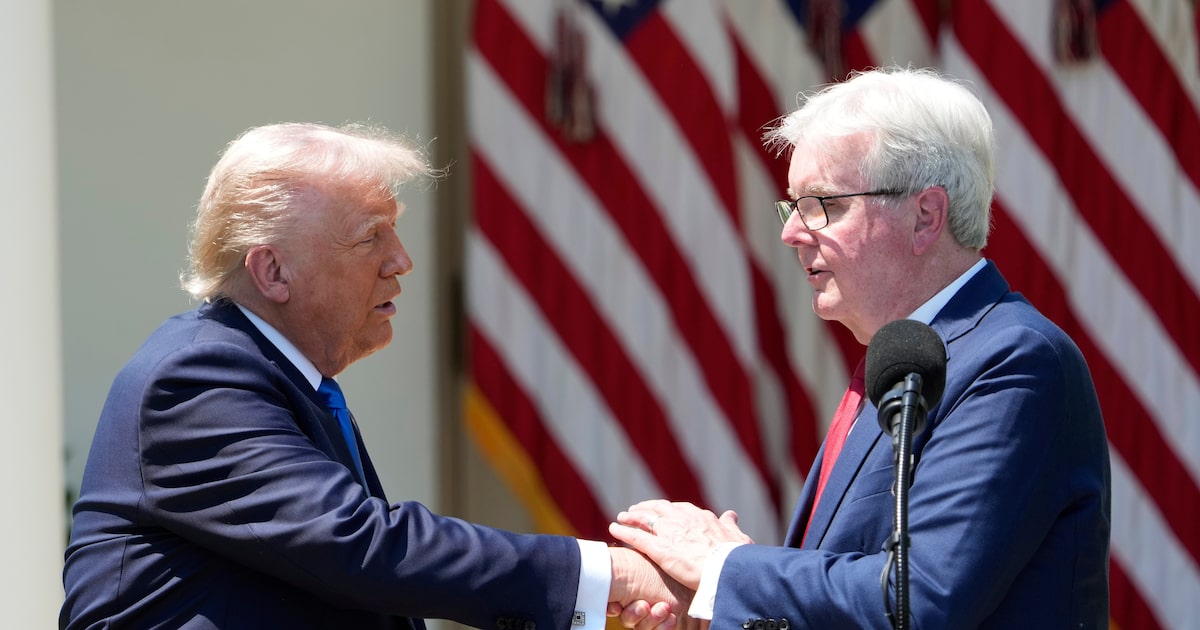Faith and Power: Trump Enlists Dan Patrick to Spearhead Religious Liberty Crusade

In a significant move highlighting religious freedom, President Donald Trump unveiled a groundbreaking initiative on Thursday, appointing Texas Lieutenant Governor Dan Patrick to spearhead a new commission dedicated to protecting religious liberty. The announcement came during a compelling Rose Garden ceremony that underscored the administration's commitment to safeguarding First Amendment rights.
Lt. Gov. Dan Patrick, known for his staunch conservative values, will lead the newly formed commission, which aims to address growing concerns about religious expression and protection in contemporary American society. The Rose Garden event served as a powerful platform to highlight the importance of religious freedoms and the ongoing efforts to preserve these fundamental rights.
The commission's formation signals a renewed focus on ensuring that individuals and communities can freely practice their religious beliefs without fear of discrimination or suppression. President Trump's selection of Patrick, a prominent conservative leader, demonstrates the administration's strategic approach to championing religious liberty at both state and national levels.
